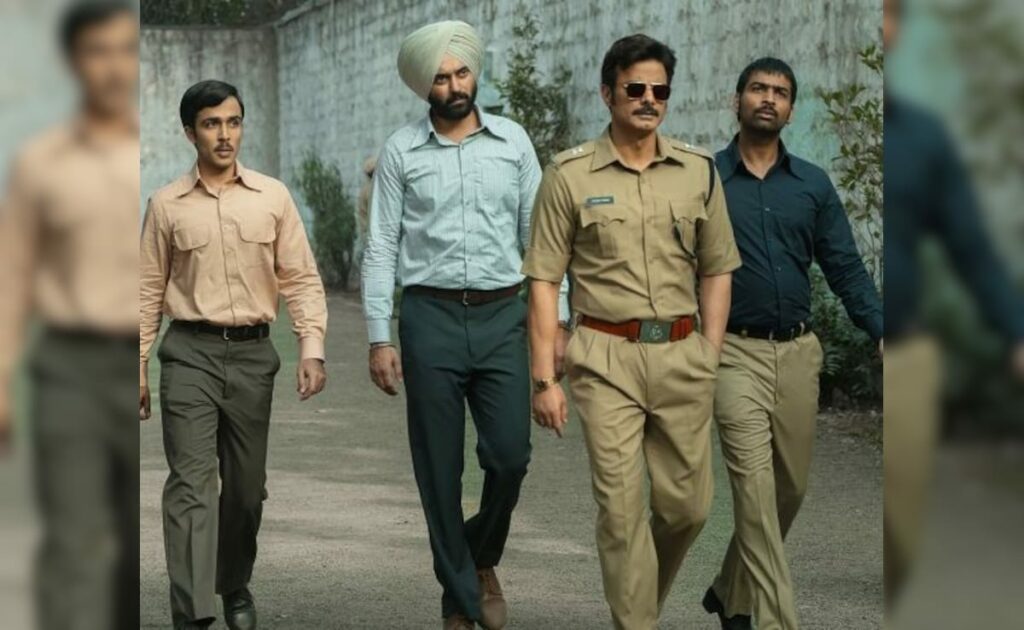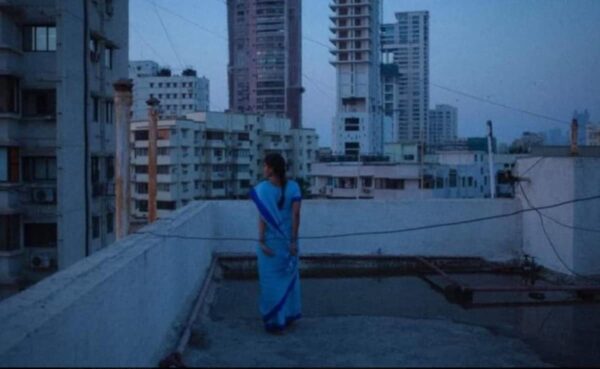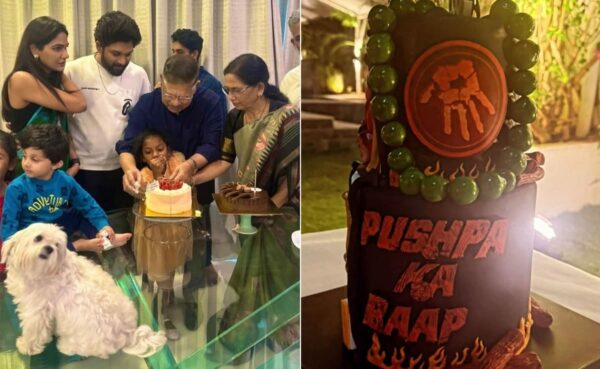Black Warrant Review: Firmly Focussed Series Warrants Bingeing On
5 min read
Black Warrant Review: An absorbing story of a baptism by fire and an insightful snapshot of an era in the life of a nation
Jailers, convicts and undertrials populate Black Warrant, a seven-episode Netflix series created by Vikramaditya Motwane and Satyanshu Singh. Barring occasional detours beyond its prison setting, the show remains firmly focussed on an upright, unassuming jailer navigating a corrupt, insensitive system.
It provides a sprawling overview of Delhi’s understaffed and overcrowded Tihar Jail of the 1980s from the perspective of a real-life prison superintendent. The insider’s take sets the series apart from average yarns about cops and crooks, crime and punishment.
Black Warrant is no yarn. Rooted in reality, it portrays the intense struggles of a hero who is anything but a boilerplate man of action. He isn’t a cocky, hyper-masculine, strapping crusader out to flatten everything in his path.
At first flush, the slightly built protagonist is a complete misfit in a lawless hellhole where rules are more readily flouted than enforced. Ruthless criminal gangs have a free run here while the jailers turn a blind eye to the rot and underhand deals are the norm.
The series is centred on one man’s quietly gutsy fight against a system he is an integral part of, armed with the instincts – and limitations – of his mild-mannered, soft-spoken persona.
The young jailer is played by Zahan Kapoor (last seen in Hansal Mehta’s terror attack thriller Faraaz). The casting of a relatively inexperienced actor as the rookie jailer serves Black Warrant well. It lends authenticity to the portrayal.
Zahan Kapoor lets the full scope of the character’s career-defining run-ins determine the contours of a performance that combines bewilderment, exasperation, guilt and doughty resolve.
The actors with whom Kapoor shares substantial screen time – Rahul Bhat, Paramvir Cheema and Anurag Thakur, all three in the guise of jailers working alongside him – do a perfect job of embodying sharp, distinct counterpoints.
The quartet collectively represents the beating heart of the series. Body language, diction, behavioural predilections and individual approaches to the job sets each one apart from the other three. Cuss words fly thick and fast among the jailers and the inmates but Sunil Gupta has a hard time abandoning his civility.
Black Warrant revolves around Sunil’s attempts to deflect the scepticism he confronts every day. His boss, deputy superintendent of prison Rajesh Tomar (Rahul Bhat), and one of his colleagues, Vipin Dahiya (Anurag Thakur), a mercurial Haryanvi, never stop insisting that he must shape up or ship out.
Black Warrant alludes to urban crimes and political events that made newspaper headlines in the 1970s and 1980s and reflects upon the fault lines of a nation passing through the critical third and fourth decades of its independence.
Spanning from 1981 to 1986 with stray flashbacks to a few events of the previous decade, the restrained but consistently engaging show is based on Black Warrant: Confessions of a Tihar Jailer, a book written by Sunil Gupta and journalist Sunetra Choudhury.
Sunil Gupta served in Tihar for 35 years but Black Warrant limits itself to the first five years or so of the protagonist’s tenure. The writing team sticks to the text and abjures overt, gratuitous sensationalism. It is, however, mindful of not losing out on the intrinsic dramatic potential of the material.
“Bikini Killer” Charles Sobhraj (played by Sidhant Gupta with a dodgy, self-conscious accent) receives substantial play. But Kashmiri separatist leader Maqbool Bhat (Mir Sarwar) is only a footnote. In a fleeting scene, we see him play badminton with Sunil Gupta.
Punjab militancy, Indira Gandhi’s assassination and the anti-Sikh riots find their way into the plot and, subversively and pointedly, precipitate a significant dramatic passage centred on the politics of othering and demonising communities.
The presence of Billa and Ranga triggers a black-and-white flashback and a lengthy, tense execution sequence that yields one of show’s major crescendos. It leaves ASP Sunil Gupta shellshocked.
Screenwriters Motwane, Satyanshu Singh and Arkesh Ajay (the trio splits directorial responsibilities with Rohin Raveendran Nair and Ambiecka Pandit) craft an affecting and illuminating tale of a young officer’s jailhouse jousts to metaphorize a broken system that is no less in need of correction than the people incarcerated in its squalid cells.
Black Warrant stages several executions that Sunil Gupta witnessed in his early years in Tihar. It shows how death warrants, their implementation, the politics around the hangings and several troubling aspects of the criminal justice system – all of which perturbs the upright ‘outsider’ no end – led to prison reforms over the next few decades.
The narrative has multiple prongs straddling a range of themes pertaining to individuals, families, a system sullied by corruption and callous cynicism and a nation looking for ways to navigate severe threats to peace and harmony.
While Black Warrant sustains the spotlight on the men in uniform charged with keeping a firm rein on the prisoners, it explores the role of poverty, class disparities and social/political connections in the fixing of culpability and the length of prison terms.
Media trials weren’t a fad yet but public opinion still mattered. The show brings in a tough journalist (Rajshri Deshpande in a solid cameo) who speaks up for two death-row convicts whose final days are upon them.
In the show’s male-dominated world, the women are peripheral figures. Sunil’s mother tries to dissuade him from continuing in Tihar. He also develops a relationship with a girl from a family of lawyers. Tomar has an estranged wife and Dahiya has more than he can contend with.
In another sub-plot, the repercussions of an illicit affair – Tota Roy Choudhury as the immediate boss of the four jailers has a central role in the tangle – spill out of the confines of the home and impacts the embattled workplace.
Most importantly, Black Warrant gives us a male protagonist who upends notions of belligerence that popular films perpetuate. It negates the oft-used trope that stands on the shoulders of violent heroes who vow selfless service to the nation/society/community.
Sunil Gupta is a law graduate who strays into Tihar (through the employment exchange) because he has no option, not because he aspires to be a jailer. He struggles to disguise his motivation when one interviewer wants to know.
Sunil soldiers his way through the dismissive questions that cast aspersions on his suitability for the job. With some help from unexpected quarters, he lands the job without possessing any of the temperamental and physical traits that the position demands.
Surviving in a universe where, in the daily grind of keeping trouble at bay, rules are routinely made light of and the line between lawmen and law-breakers is repeatedly breached, proves far more onerous.
Despite a canvas that alternates between the specific and the diffused, Black Warrant never loses cohesion. The show is technically unblemished. Cinematographer Saumyananda Sahi is unerring in imparting textural tactility and visual depth to the series.
As a piercing look at Tihar, an absorbing story of a baptism by fire and an insightful snapshot of an era in the life of a nation, Black Warrant warrants bingeing on.







